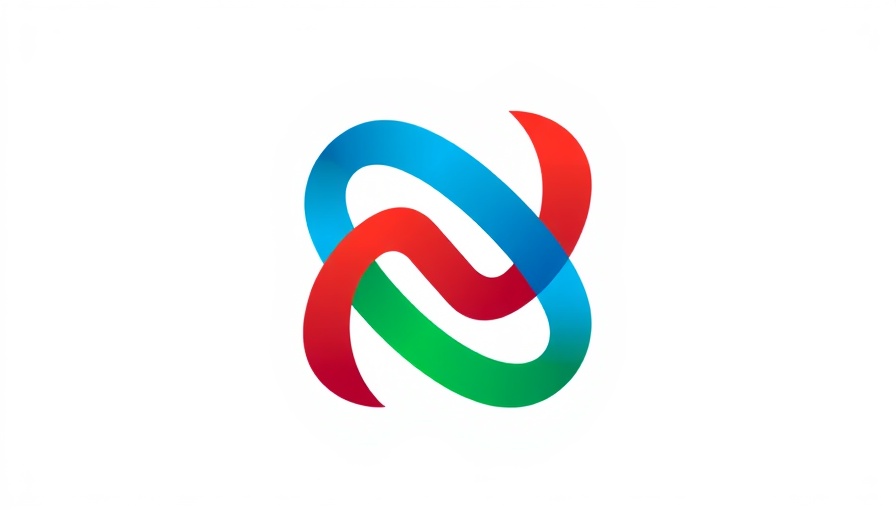
The Game-Changer: Gates Foundation's $2.5 Billion Investment in Women's Health
In a landmark commitment, the Bill and Melinda Gates Foundation has pledged an unprecedented $2.5 billion towards addressing women's health, especially in low- and middle-income countries. This funding aims to transform health outcomes for women in Africa, where alarming rates of maternal mortality persist. Bill Gates emphasized the foundation's focus on "chronically underfunded areas" crucial to women's health, stating, "Too many women still die from preventable causes or live in poor health." This funding, the largest ever by the foundation for women’s health, signals a paradigm shift aimed at substantially improving the quality of care available.
Understanding the Urgent Need
The statistics are stark. In 2023 alone, approximately 182,000 women in Africa died due to pregnancy-related complications, highlighting the desperate need for enhanced maternal healthcare services. Professor Moses Obimbo Madadi pointed out that Sub-Saharan Africa, which bears a significant share of the global birthrate, encounters over 50% of women's health-related challenges. Common causes of these alarming statistics include postpartum hemorrhage and excessive bleeding, which strain healthcare systems ill-equipped to respond adequately. Without dedicated investment in healthcare innovation, the cycle of preventable deaths is poised to continue.
Investing in Lasting Solutions
The funding from the Gates Foundation will support over 40 innovative projects focusing on five critical areas of women's health: obstetric care, maternal nutrition, gynecological health, contraceptive innovation, and sexually transmitted infections. This multifaceted approach is structured on empirical data and the direct insights of women from under-resourced communities. It embodies a holistic understanding that improving women's health has a ripple effect, not only enhancing individual well-being but also strengthening economies across the affected regions.
The Wider Economic Impact of Women's Health Initiatives
As Bill Gates noted, investing in women’s health is not solely an ethical responsibility; it is an economic imperative. Healthier women contribute to stronger families and communities, enhancing productivity and stability within economies. This investment aligns with broader efforts by global leaders and organizations aiming to achieve the United Nations Sustainable Development Goals (SDGs), particularly Goal 3, which centers around ensuring healthy lives and promoting well-being for all at all ages. As African economies increasingly integrate into global markets, fostering women’s health stands out as a pivotal strategy for sustainable growth.
The Road Ahead: Implications for Policy and Governance
Policymakers must recognize this funding as a proactive opportunity to reshape health governance frameworks that prioritize women's health. By leveraging this investment, governments can enact policies that support infrastructure improvements, training healthcare professionals, and expanding access to essential health services. The Gates Foundation's commitment sets a benchmark that could inspire similar initiatives and collaborations, potentially engaging both public and private sectors in a more concerted effort to lift the health standards for women universally.
In conclusion, the Gates Foundation’s monumental pledge of $2.5 billion is not just financial support; it is a catalyst for significant change. By investing in women’s health, we pave the way for a healthier continent, which ultimately supports economic stability and growth. Business leaders, policymakers, and investors are called to engage with these developments to ensure sustainability and resilience in Africa’s economic landscape.
 Add Row
Add Row  Add
Add 


Write A Comment